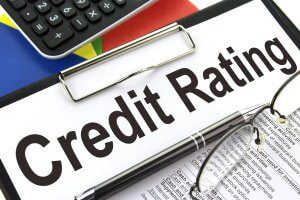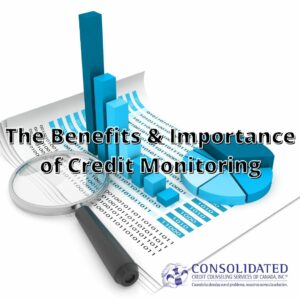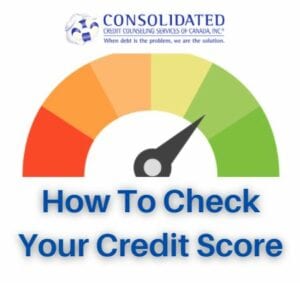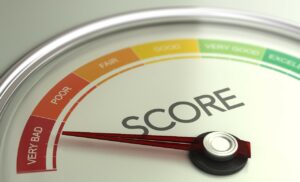If you’ve ever applied for a credit product, you’ve likely received information on your credit rating, but do you really know what it means? This piece of terminology could be even more important if you’ve got bad credit and are trying to get back on your feet.

“If your credit history isn’t stellar, it can be useful in helping you move forward to understand your credit rating. Beware of any companies that promise to improve your credit rating on your behalf. That takes time and it has to come from your own efforts,” says Jeff Schwartz.
Here are the types of credit ratings and what they mean.
Credit score vs. credit rating
Unlike a credit score, which is a snapshot of your financial picture at a moment in time that helps a lender decide on your credit worthiness based on a number of criteria, your credit rating is a “ranking” of your credit repayment history for a specific lender and/or credit product.
Both of these matter when applying for any credit. It depends on what method the lender is using or favours as well as the product at hand. For instance, credit scores hold more influence when it comes to qualifying for a mortgage.
What are credit ratings?
Reading your credit rating takes a little decoding. Essentially, a lender will assess your repayment history on a scale of 1-9. 1 being the highest and 9 being bankruptcy or other failures to pay the debt in question.
They also designate letters in front of the number ranking. The letters help the lender get a better understanding of how you’ve handled credit in the past. “R” for revolving credit, i.e. your credit cards, is what you’ll see most often attached. You are responsible to pay a varying amount, depending on your balance, up until you reach your limit. “I” is for an installment loan for set payments made every month until the balance is paid off entirely. I.e. a ‘closed’ loan, like your car loan or debt consolidation loan. Less commonly, you will see an “O” for open credit. This is where you are allowed to take out a certain amount, with the whole balance due on a specified date.
What do the ratings actually mean?
Ideally, you’d like to see an R1 or an I1 on your credit rating. This means that you’ve consistently paid your minimum payments within the 30 day required window. Basically for each 30 days beyond that that you don’t make a payment, your rating drops i.e. R2 means that you are more than 30 days behind. R2 can also mean you are less than two payments behind but not 60 days late. R3 means that your late payment is more than 60 days, but less than 90 days. It also means you are not more than three payments behind. The sequences continue on every 30 days.
When you get into R5 territory you are 120 past due on a payment. R5 moves towards debt repayment through a third party. Repossession usually does occur. Finally, R9/I9, where you are essentially defaulting on the debt.
Anything beyond R5 can leave a black eye on your credit rating. It will take a consistent effort over time to correct, but it can be done.
What if I have a bad credit rating?
“If you’ve got bad credit, one of the benefits of knowing your credit rating is that it helps you identify specifically where you may have struggled with credit on your history, which can help you correct your behaviour going forward. Perhaps you’ve experienced a job loss or dealt with unexpected expenses at a given moment in time. Perhaps you were living without a budget and got in over your head. This is important information in helping you get back on track,” says Schwartz.
Are you seeking to repair your credit? We can help you get on the right path. Call one of our trained credit counsellors at (844)-402-3073 or visit our online debt analysis.




